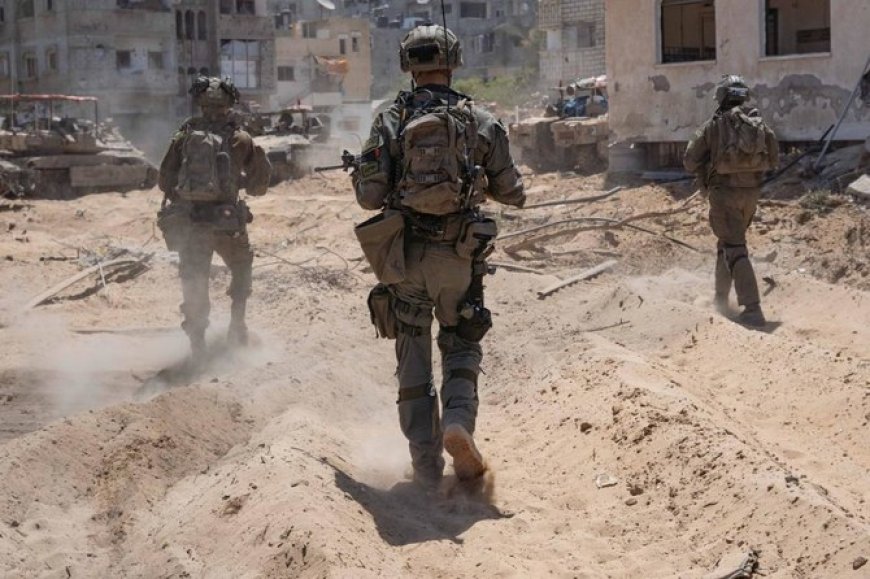U.S. Sanctions Israeli Group for Impeding Aid to Gaza
In a significant diplomatic move, the Biden administration has imposed sanctions on Tzav 9, a prominent Israeli activist group accused of obstructing humanitarian aid intended for Palestinians in Gaza. The decision marks a stern response to actions perceived as exacerbating the humanitarian crisis in the region.

In a significant diplomatic move, the Biden administration has imposed sanctions on Tzav 9, a prominent Israeli activist group accused of obstructing humanitarian aid intended for Palestinians in Gaza. The decision marks a stern response to actions perceived as exacerbating the humanitarian crisis in the region.
Tzav 9 has gained notoriety for its role in blocking aid convoys along major routes in southern Israel and allegedly looting and vandalizing trucks en route to Gaza. The group's actions have sparked international condemnation and heightened tensions amidst ongoing conflict dynamics.
The sanctions, announced by the U.S. State Department, come amid efforts to alleviate the dire humanitarian situation in Gaza, where over a million people are facing acute shortages of food, medicine, and basic necessities due to ongoing hostilities. The Biden administration has underscored the need for unimpeded humanitarian access to alleviate suffering in the region.
Responding to the sanctions, Tzav 9 condemned the U.S. decision, arguing that aid deliveries risk falling into the hands of Hamas, the militant group governing Gaza, which is classified as a terrorist organization by several countries, including the United States and Israel.
The international community, including the United Nations, has consistently called for the unobstructed delivery of humanitarian aid to Gaza, emphasizing the humanitarian imperative to safeguard civilian lives amidst escalating violence and destruction.
The imposition of sanctions on Tzav 9 signals a firm stance by the United States on ensuring humanitarian principles are upheld in conflict zones, reflecting broader international efforts to mitigate the humanitarian fallout of protracted conflicts in the Middle East.













































